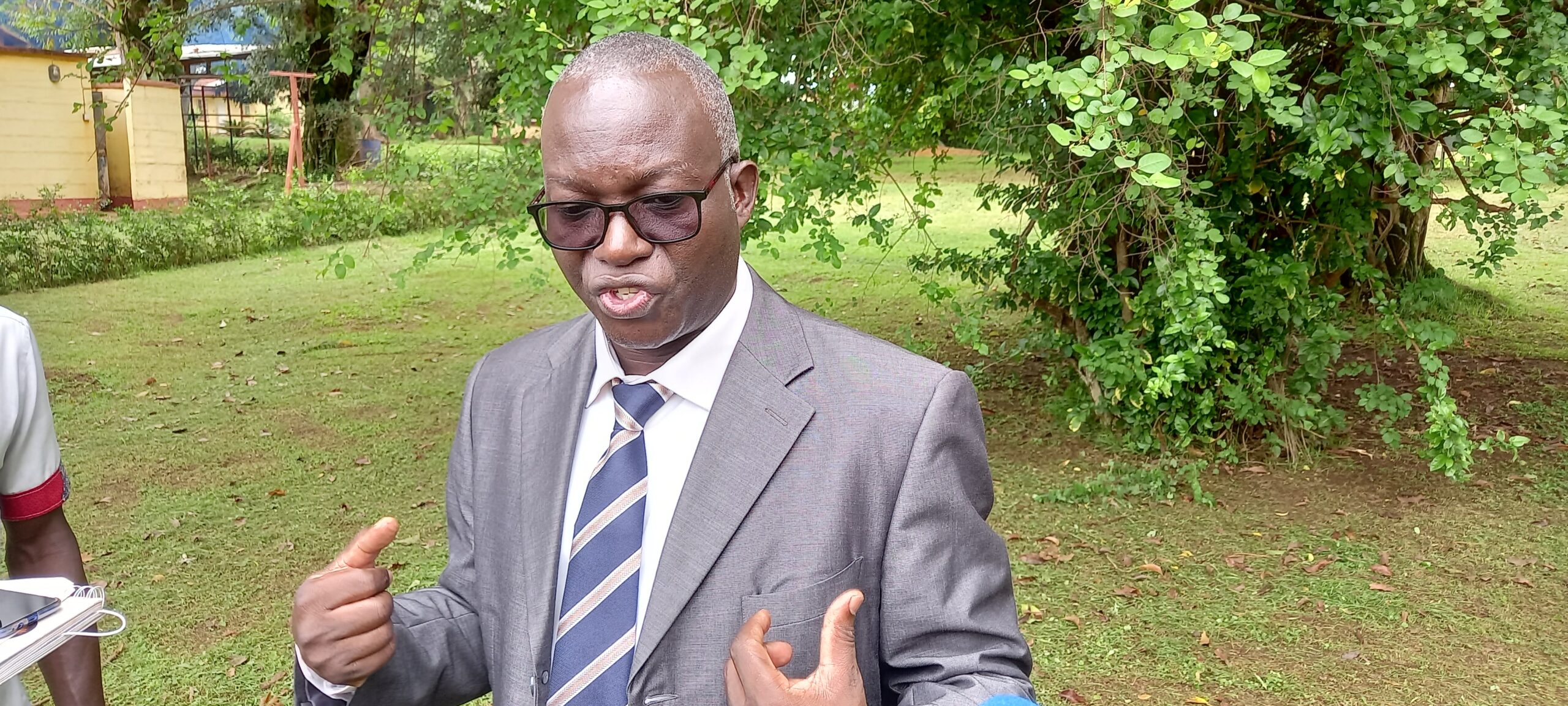MASINDI– The government of Uganda through Uganda Wildlife Authority [UWA] has earmarked Shs500 million for compensation of people in the wildlife conservation areas of Murchison Falls National Park.
The wildlife compensation scheme is an Act of Parliament provided for in the Uganda Wildlife Act of 2019 which compels the government to compensate people for damage caused by wild animals.
Article 83 of the Act conditions the wildlife authority to establish, fund and maintain a wildlife compensation scheme for financing damages caused by wild animals outside conservation areas.
Whereas the Act provides for a compensation scheme, Article 86 (1) of the Act tasks the line Ministry to issue out the regulations for carrying into the effect of the provisions of the Act.
However, the wildlife authority is impeded to implement the law with several damages caused by the wildlife to human population, lives, and property as government delays to pronounce the regulations.
The Minister for Tourism, Wildlife and Antiquities, Col. Tom Butime disclosed in an interview with
theCooperator from Masindi that the government will soon compensate the affected households.
The Minister explained that the delay for the operationalization of the fund was due to finalization of the set regulations by the first Parliamentary Council which will be concluded in two months from now.
“I have been personally impatient with the law, but the first Parliamentary Council is finalizing the regulations which will be signed in the next two months,” Butime told theCooperator in an interview.
He noted that the fund will cater for the financing of human death, injuries or damage to property caused by wild animals outside the wildlife protected areas immediately after the regulations are issued.
The Executive Director Uganda Wildlife Authority, Sam Mwandha revealed that they have allocated Shs500 million for compensation of the affected households in the next financial year.
Mwandha explained the fund was collected by the authority based on Article 83(1) of the Act from 2 percent of the services it offered in the park which for years has accumulated to millions of shillings.
“We have a projection of Shs800 million in the coming year to cater for the compensation and we are hopeful that the affected communities will soon get their livelihoods support,” Mwandha explained.
However, while the government is set to implement the section of the law, Article 83 (4) of the Act establishes conditions and circumstances under which the compensation can be determined.
The Act provides that the government can withhold effecting of the payment which then becomes a public debt and can only be paid when funds become available which draws.
Under the same arrangement, it is the committee of the wildlife compensation scheme to determine to what extent a claimant can be compensated or whether the damage is worth compensation.
The local leaders of the affected areas have raised concerns on the technicality which in turn may impact negatively on wildlife life and human conflict amounting to continuous poaching.
The Masindi district Chairman Cosmus Byaruhanga said, recording keeping of damages caused by the animals may be difficult for the affected households which may deny them compensation.
He has identified the most affected areas in the district as Kafu and Kayira with high levels of destruction by wild animals while several people were eaten up by crocodiles.
At least 10 hectares of crops in the gardens are destroyed within the district weekly due to the persistent invasions by the stray elephants as the community continues to lose their livelihoods.
Emmanuel Orach, the District Chairman Nwoya local government revealed that more than 85,000 households have lost their livelihoods in the recent past when the elephants invaded their lands.
He has appealed to the government to speed up the process of compensation to mitigate the conflict that has persisted for decades since the communities returned home from the internally displaced camps.
The Buruli County Member of Parliament Aled Akugizibwe Ronald is hopeful the section of the law will give Ugandans the opportunity to recover from the losses they suffer in their coexistence with the wild animals.
The law however prohibits killing of wild animals in the conservation areas unless one acts in self-defense but several people have become victims of attacks by the animals causing deaths and injuries.
The Buruli County legislator raised concern about the legal dilemma in the Act while the officials from the Uganda Wildlife Authority have recognized these concerns but called for protection of the wildlife species.
“When I kill an animal, then it becomes a crime but when the animal kills me, the law doesn’t give me that legal protection and that is the concern Parliament must reconsider,” Akugizibwe added.
Buy your copy of theCooperator magazine from one of our countrywide vending points or an e-copy on emag.thecooperator.news
